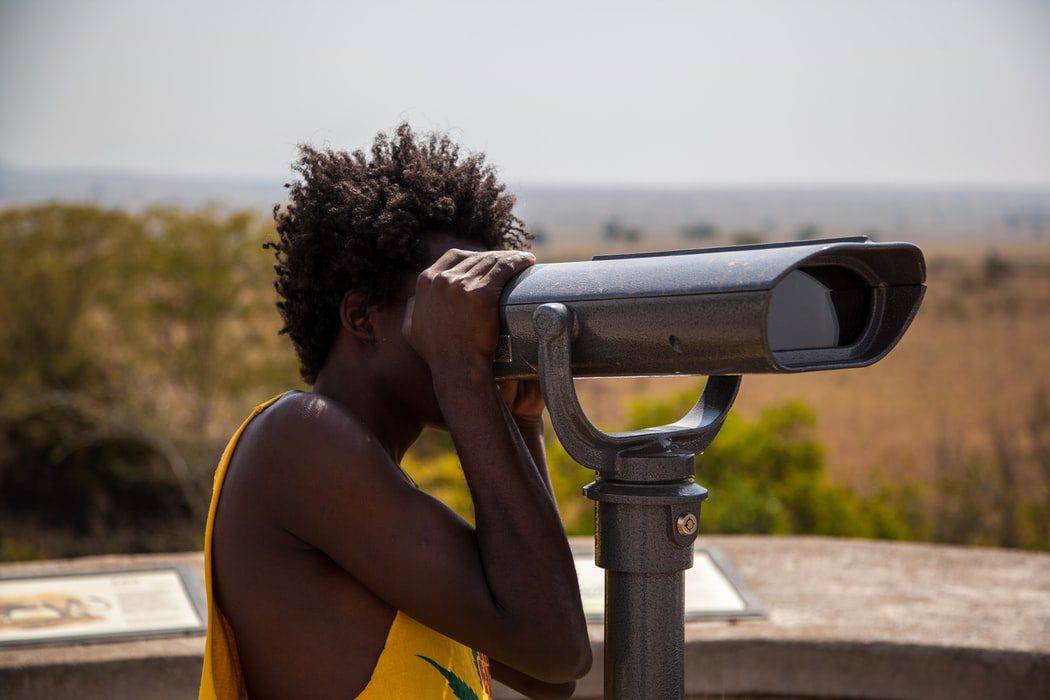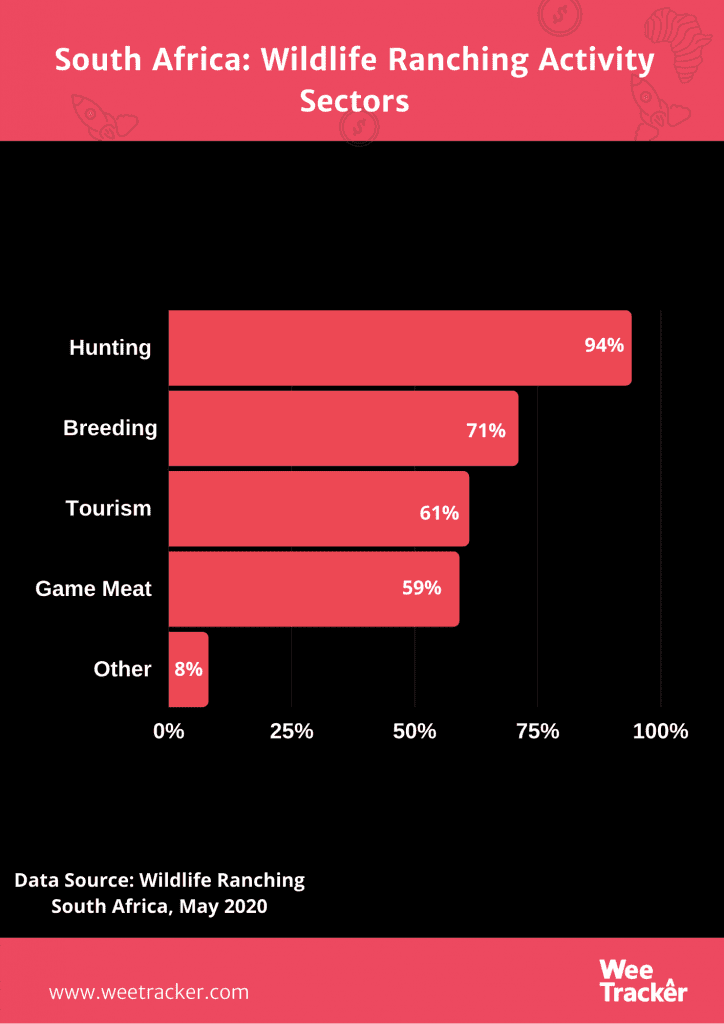A South African Game Reserve Has Shifted To Meat Selling To Survive Covid-19

When there’s no one to see the game and revenues are drying up, turning into a makeshift butcher could be the answer in a unendingly pandemic era. At least, that is the quite the case for Somkhanda, a community-owned “Big 5” game reserve in South Africa.
It isn’t new information that safari tourism in Africa is mostly on hold as a result of the coronavirus pandemic. The effect of the situation manifests in many folds, but the most obvious is the seemingly near-death experience game reserves as well as other tourism businesses are having.
Somkhanda Isn’t A First-timer
It’s not that this reserve hasn’t sold its meat in the past. In fact, it either gives away or cheaply sells impala, nyala and spiral-horned antelope, amongst other grazers. It does so to reduce the populations of its animals on a yearly basis, as a stock management strategy. But that is depending on the weather condition and the availability of pasture needed to nurture wildlife.
However, a lot has changed in the past 5 months. For example, Somkhanda is now up against a loss of up to 90 percent of its revenues. The financial reality in Africa’s multibillion-dollar safari sector has cajoled the game reserve into commercially marketing its meat.
Somewhat thankfully, the game in question is a sought after delicacy for restaurants and foreign tourists. With the sales, the business is bringing in between USD 2,875 to USD 5,730 on a monthly basis, per a statement by the reserve’s management. Until safari tourism goes on a much awaited resumption, this could remain Somkhanda’s only means of sustenance.
“Instead of culling and just giving that meat away or selling it at a very low price locally, we tried to market it. We would rather have the doors open,” said Roelie Kloppers, chief executive at the Wildlands, a co-manager of the reserve in the heart of northern Zululand.
Desperate Times
According to a monthly survey by SafariBookings, the coronavirus pandemic has taken a heavy toll on the African safari tourism landscape. Its findings are that 3 out of 4 tour operators are reeling from a decline in bookings of no less than 75 percent.
Being that so many people rely on the industry in East and Southern Africa, the figures are disturbing. What’s more, a horrendous 93 percent of operators have lost at least three quarters of the bookings they normally rely upon at this time of year, even as they are unable to afford to hire local staff.
Before now, the only other income source for Somkhanda was game ranching and tourism, which supports more than 200 families surrounding the game reserve. But now, the Wildlands, the non-governmental conservation programme that co-manages the Big 5 game reserve has done something else. It has joined hands with the Bosveld Game Meat and KZN Game Meat, both also based in South Africa.
The partnership will expand the wildlife ranching and game meat harvesting of Somkhanda in order to reach a wider market with its iterated business model. The income generated would be used to fund ongoing sustainable conservation and community development efforts within and without Somkhanda.
There’s A Definite Plan
A May 2020 report (PDF) put together by Wildlife Ranching South Africa revealed that no less than 59 percent of South Africa’s private game ranches and reserves actively harvest their animals for processing into commercial game meat. That means this game reserve isn’t doing anything far from half the norm.

Nevertheless, Somkhanda has a plan to make things work. The takeoff of the survival plan for meat sale was scientifically determined as part of the game reserve’s ecological management plan. According to Somkhanda, it is not randomly selecting animals for slaughter.
“During dry winter months when water and nutrition for game were reduced, sustainably harvesting Somkhanda’s game numbers helped to protect the remaining animals from starvation,” said Meiring Prinsloo, the game reserve’s manager.
“This opportunity was recognised as one of the most sustainable finance-generating strategies to assist the reserve in earning much-needed funds to drive operations and fill the gaps,” he added.
Affected businesses are taken drastic measures as African tourism continues to adapt to these uncertain times. Safari tourism has gone virtual in some parts. The continent, is however, yet to decide on a new effective normal.